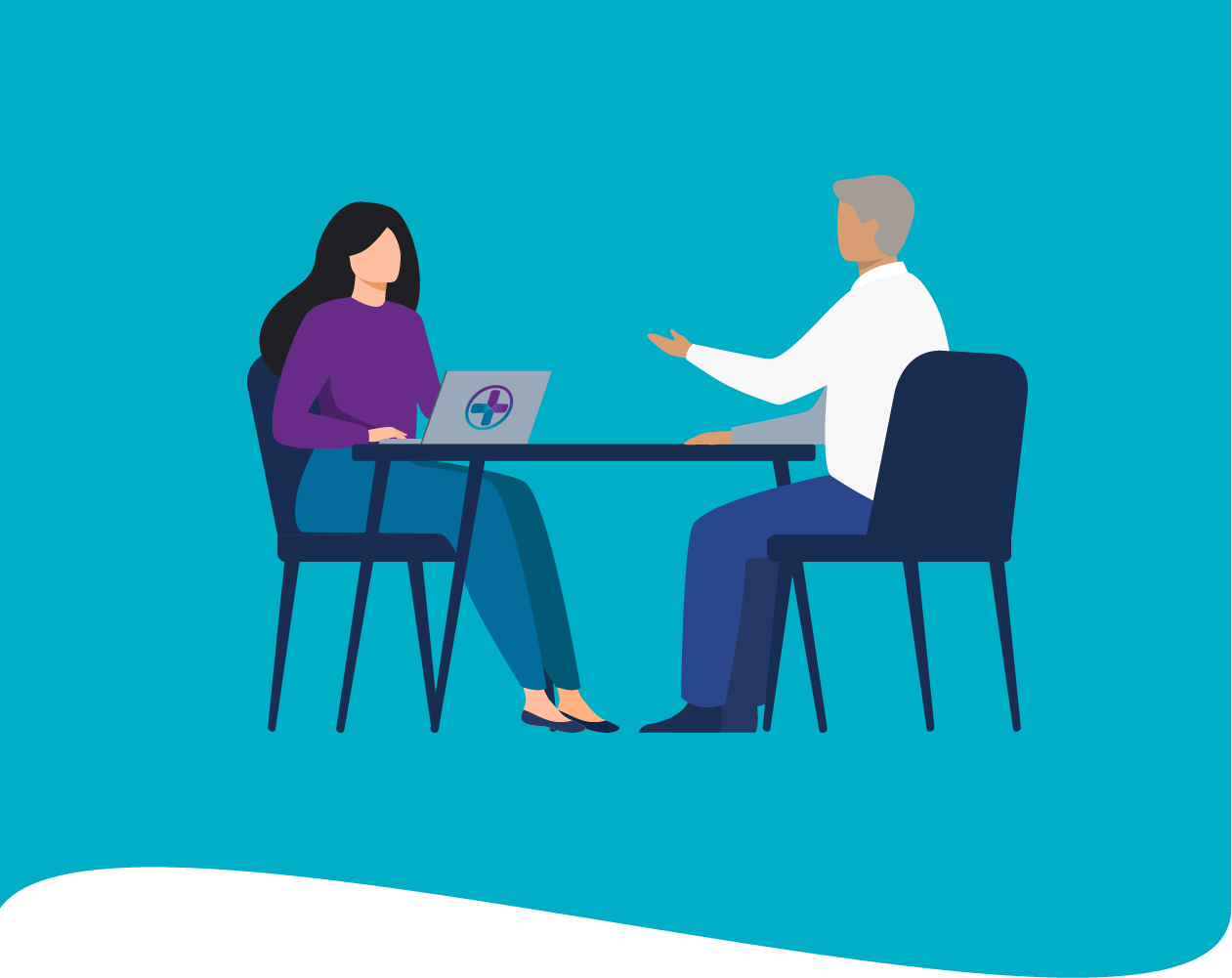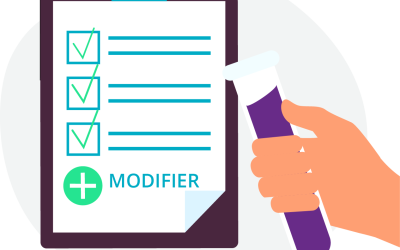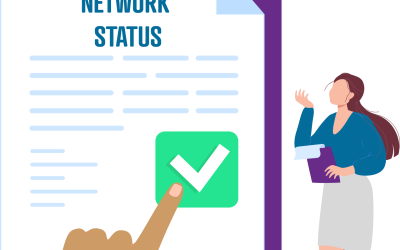How Labs Are Affected by the End of the COVID-19 Public Health Emergency


The U.S Department of Health & Human Services released a fact sheet for the transition out of the COVID-19 Public Health Emergency that will end on May 11, 2023. Transitioning away from the emergency phase of the spread of the virus will affect the billing process for clinical laboratories that conduct COVID-19 testing.
Executive Summary
The public health emergency (PHE) issued for the spread of COVID-19 will come to an end by the federal government on May 11th, 2023. The following changes will be made regarding the laboratory billing process for COVID-19 tests:
- Private insurers are no longer required to cover COVID-19 tests without cost sharing.
- State Medicaid programs must continue to provide coverage without cost sharing until September 30th, 2024.
- Laboratories will no longer be required to report on the results of conducted COVID-19 tests.
In addition to these published changes, private payers will likely make additional provisions.
Coverage of COVID-19 Testing
Medicare beneficiaries who are enrolled in Part B will continue to have coverage without cost sharing for laboratory-conducted COVID-19 tests when ordered by a provider, but their current access to free over-the-counter (OTC) COVID-19 tests will end, consistent with the statute on Medicare payment for OTC tests set by Congress.
The requirement for private insurance companies to cover COVID-19 tests without cost sharing, both for OTC and laboratory tests, will end. However, coverage may continue if plans choose to continue to include it. The U.S Department of Health & Human Services is encouraging private insurers to continue to provide such coverage going forward.
State Medicaid programs must provide coverage without cost sharing for COVID-19 testing until the last day of the first calendar quarter that begins one year after the last day of the COVID-19 PHE. That means with the COVID-19 PHE ending on May 11, 2023, this mandatory coverage will end on September 30, 2024, after which coverage may vary by state.
Additionally, dependent on supply and resources, the USG may continue to distribute free COVID-19 tests from the Strategic National Stockpile through the United States Postal Service, states, and other community partners. Pending resource availability, the Centers for Disease Control and Prevention’s (CDC) Increasing Community Access to Testing (ICATT) program will continue working to ensure continued equitable access to testing for uninsured individuals and areas of high social vulnerability through pharmacies and community-based sites.
Medicare and Medicaid Waivers for Lab’s Providers
For Medicaid, some additional COVID-19 PHE waivers and flexibilities will end on May 11, while others will remain in place for six months following the end of the PHE. But many of the Medicaid waivers and flexibilities, including those that support home and community-based services, are available for states to continue beyond the PHE, if they choose to do so. For example, states have used COVID-19 PHE-related flexibilities to increase the number of individuals served under a waiver, expand provider qualifications, and other flexibilities. Many of these options may be extended beyond the PHE.
Laboratory Reporting Requirements
At the end of the COVID-19 PHE, HHS will no longer have this express authority to require this data from labs, which may affect the reporting of negative test results and impact the ability to calculate percent positivity for COVID-19 tests in some jurisdictions.
STAY UPDATED ON NEWS & BLOGS
Ready to grow your lab?
FOLLOW US
Read Our Latest Posts
CMS Makes Improvements to Prior Authorization Process
The Centers for Medicare & Medicaid Services (CMS) has released the CMS Interoperability and Prior Authorization Final Rule (CMS-0057-F) on January 17, 2024. The rule aims to advance interoperability and enhance prior authorization processes in healthcare. It...
Optimizing Revenue with Specialized Pathology Billing Practices
In the ever-evolving landscape of healthcare, pathology practices are faced with the constant challenge of maximizing revenue while providing accurate and efficient diagnostic services. Pathology lab billing plays a crucial role in this pursuit, as it directly impacts...
Maximizing Lab Billing Efficiency with Laboratory Modifiers
In the realm of medical laboratory billing and coding, laboratory services occupy a critical position. Accurate coding of laboratory tests is not only essential for ensuring proper reimbursement but also plays a pivotal role in maintaining compliance with regulatory...




